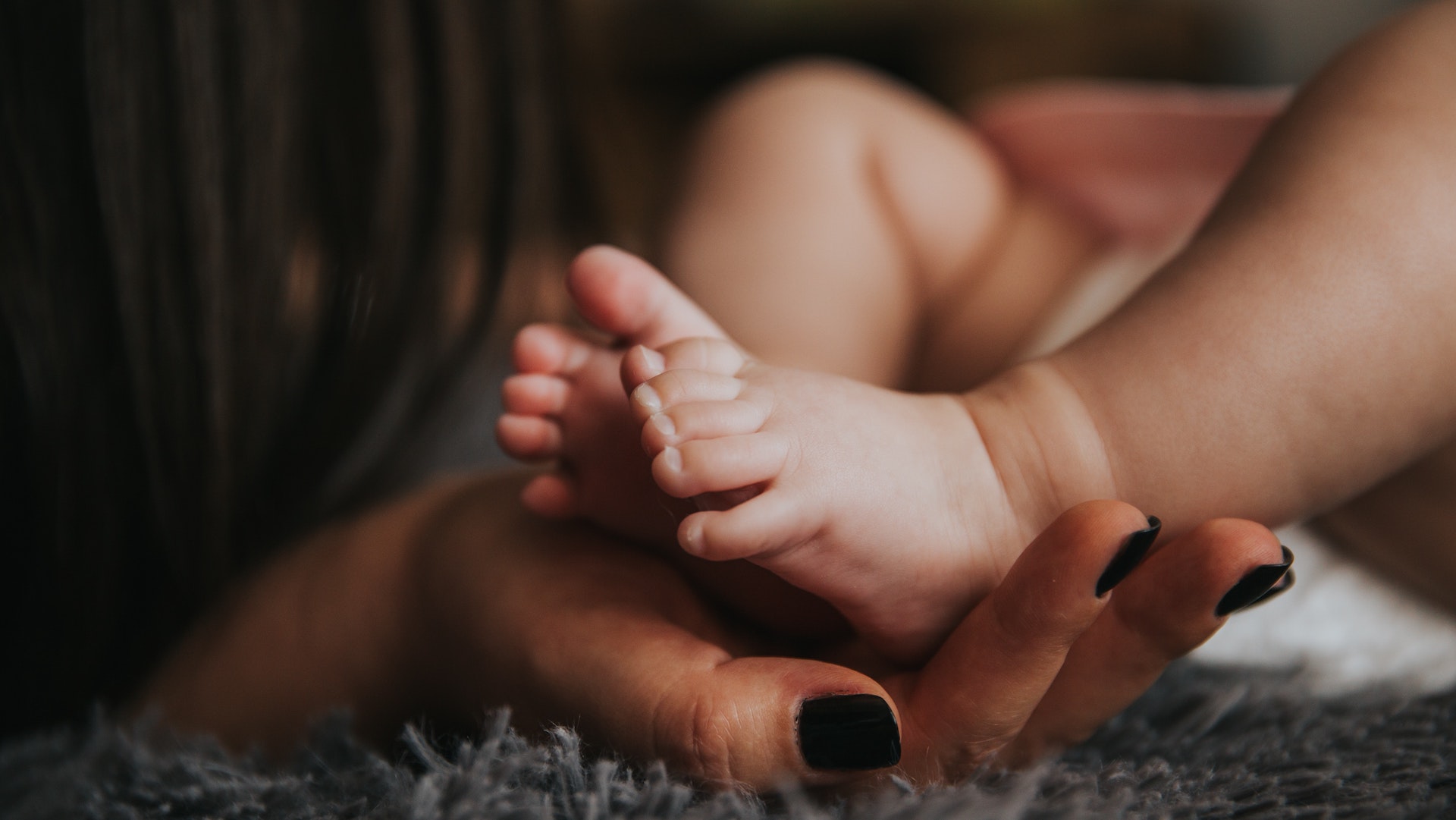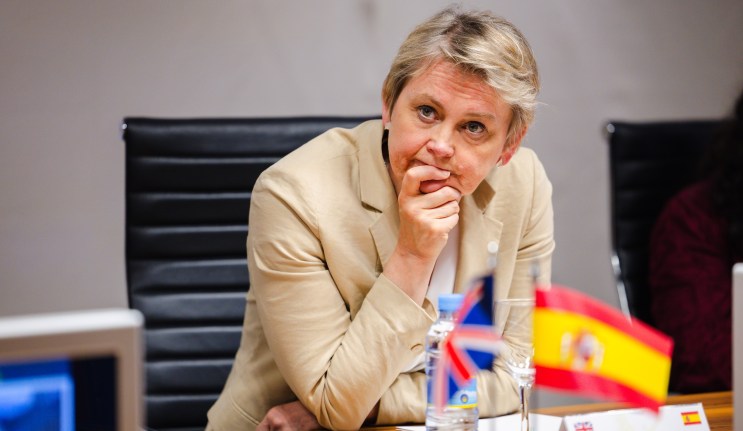Even before the pandemic, 47 per cent of children in single parent families were living in poverty compared to 24 per cent in coupled families, making this group twice as likely to be in poverty than any other household in the UK. This isn’t because single parents are feckless or unemployed — before the pandemic 70 per cent were working — but is instead due to the economic trap single parents face.
It is not uncommon for more hours at work to have a negative impact on household finances once childcare costs are accounted for and many single parents are forced to rely on split income, working part time and claiming social security. Many are trapped in low paid work with limited progression opportunities. In-work poverty is very high for this group.
As if things weren’t bad enough already, the pandemic truly threw oil onto the fire. Single parents were hit with the triple whammy of income loss, cost of living increases and loss of child maintenance. Single parents were the most likely of all workers to be in industries carrying the greatest economic and health risk and many have lost jobs or income.
Meanwhile, costs shot through the roof due to children not attending school. In addition, the Child Maintenance Service stopped enforcing maintenance payments, giving non-resident parents the chance to stop paying without any repercussion. This had a big impact on single parents, many of whom rely on maintenance payments to feed and clothe their children.
All of this has left 58 per cent of the UK’s single parents claiming Universal Credit, compared to just 10 per cent of coupled parents. We expect this to increase in the months ahead as the recession intensifies and single parents face further job losses. Our concern is that those families that were hovering above the poverty line will have dipped underneath, and those already in poverty will have been pushed into the depths of destitution.
Advertising helps fund Big Issue’s mission to end poverty
And the difficulties continue even as lockdown has lifted. As single parents are usually the sole carer for their children, accessible, affordable childcare is critical to their ability to work, and single parents traditionally rely on a patchwork of childcare — childminders, nurseries and breakfast, after-school and holiday clubs — in order to work.But many single parents are now finding that there has been a reduction in available childcare.
Furthermore, if a child is sent home from school or nursery to self-isolate, there is no provision for single parents, who can’t share the load with their partner and who must rely on the good will of their employer to allow them to work from home, or to take leave. The problem is exacerbated for parents who have children in different year groups — often having to take unpaid leave over several weeks.
So what’s the answer? Well, like the IPPR and the TUC, we are calling for an increase in child benefit to ease the financial pressure that families are facing. This needs to be accompanied with a suspension of the benefit cap, because any increase in benefits (including child benefit) is subject to the cap, and those disadvantaged single parents and their children will not receive any extra money. As with many of these policies, single parents are most badly affected — 62 per cent of households affected by the benefit cap are single parent households, and the number of single parents impacted by the cap has almost doubled since lockdown hit.
Because parents are losing money while they or their children are self-isolating, we are calling, with motherhood charity Pregnant Then Screwed, for a “self-isolation grant” of £500 to parents who are unable to work. These payments are critical to bridge the income gap that many single parents have.
As the main carer and the main earner, childcare is particularly important to single parents. The Government needs to both invest in the childcare sector to increase capacity while also extending free childcare and providing additional support for childcare costs.
Victoria Benson is the chief executive of Gingerbread.
Advertising helps fund Big Issue’s mission to end poverty
The Big Issue is fighting the unemployment crisis through the Ride Out Recession Alliance, bringing together the most innovative ideas and experts to help keep people in work and in their homes during the recession.
Get in touch to tell your story or offer ideas to support those in need by emailing rora@bigissue.com.
Big Issue vendors need your help now more than ever. More than 1,000 vendors are out of work because of the second lockdown in England. They can’t sell the magazine and they can’t rely on the income they need.
The Big Issue is helping our vendors with supermarket vouchers and gift payments but we need your help to do that.
Please buy this week’s magazine from the online shop or take out a subscription to make sure we can continue to support our vendors over this difficult period. You can even link your subscription to your local vendor with our new online map.
Thank you all so much for your ongoing support.
Advertising helps fund Big Issue’s mission to end poverty










